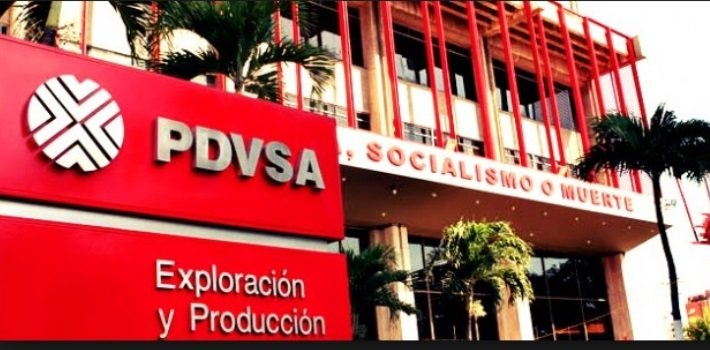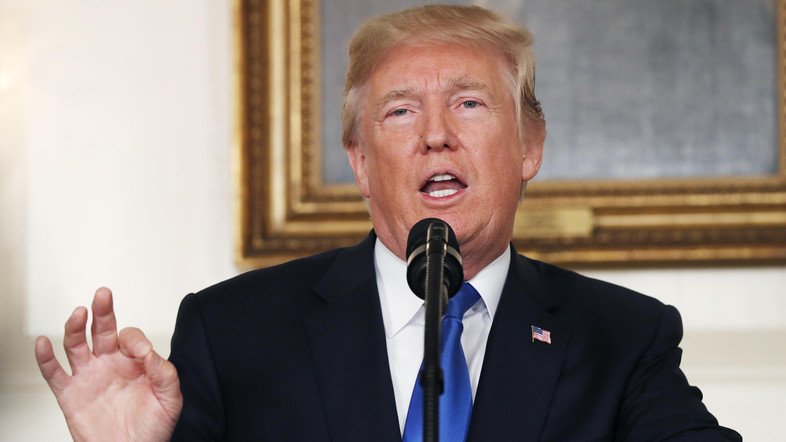PDVSA Chief Executive Pedro Tellechea, who took over in early January, suspended most crude and fuel exports, while his team tightened contract terms to halt instances where buyers skipped out without full payments.
The decision almost emptied Venezuela’s largest oil port, the Jose terminal, for weeks as tankers were instructed to move away from berths and some ship-to-ship transfers were halted during the audit.
Venezuela exported an average of 558,419 barrels per day (bpd) of crude and fuel last month, 19% below December levels and the lowest since July, according to data from Refinitiv and internal PDVSA documents. The July drop had come after an earlier set of contract changes.
PDVSA and Venezuela’s oil ministry did not reply to requests for comment.
Chevron last month received six cargoes totaling 2.32 million barrels of Venezuelan heavy crude, which it sent to U.S. refineries, a strong start to its renewed business relationship with PDVSA that includes a greater role in joint venture output.
Cuba separately received 1.23 million barrels or 39,775 bpd of crude, fuel oil and other refined products, below the 57,500 bpd of December, the data showed.
The resumption of loadings by Chevron that were to repay debt from its joint ventures was not enough to offset the long list of suspended contracts.
The cash-less U.S. authorizations for shipments to Chevron and others prompted sharp criticism by President Nicolas Maduro in a broadcast speech on Thursday. “We do not accept it; we will go on our way,” he said, describing the restrictions as “colonialism.”
Venezuela also exported a record of 727,000 metric tonnes of petroleum coke and other byproducts, an increase from 560,000 metric tonnes in December. Contracts for exporting byproducts worked with no interruptions in January, according to the documents.
Reporting by Marianna Parraga in Houston; Additional reporting by Mircely Guanipa in Punto Fijo; Editing by Arun Koyyur – Reuters
Follow us on twitter




